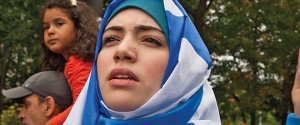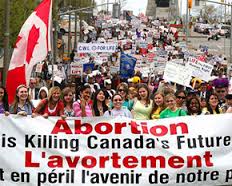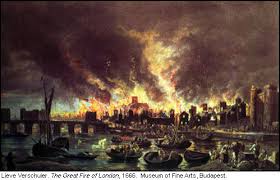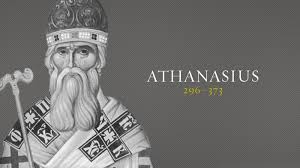 Quebec is back in the news, this time with a report of its death-spiral of a birth rate. It seems Quebec women by and large do not want to have children, or at least not more than 1.6, on average, per woman. This is well, well, below the requisite 2.1 just to maintain a stable population, and that is presuming good times with no major disasters, plagues, famines or other evils.
Quebec is back in the news, this time with a report of its death-spiral of a birth rate. It seems Quebec women by and large do not want to have children, or at least not more than 1.6, on average, per woman. This is well, well, below the requisite 2.1 just to maintain a stable population, and that is presuming good times with no major disasters, plagues, famines or other evils.
The government has tried bribing women to have children with generous government subsidies, but that did not work. It seems one must want to have children to have children. The solution currently proposed, as it is in many other regions suffering population demise, is to increase immigration. In Quebec, however, preference is given to those who speak French. Unfortunately, the traditional French countries, France, Belgium and so on, have their own demographic problems, and are not emigrating anyone much of anywhere. So, most of the immigrants come from regions that, ah, do not share Quebec values and have trouble assimilating.
As Universté de Montreal demographer Marc Termotte drily and cryptically stated:
The pool of French immigrants is not France or Belgium or Switzerland,” he said. “It’s French Africa, the Maghreb and sub-Saharan, and there are cultural and economic implications to this.
In other words, the immigrants are from Islamic countries, former colonies., and most of them end up in Montreal, in fact in one particular neighbourhood of the city. There is strength in concentrating one’s numbers.
There is a lot packed into M. Termotte’s ‘cultural and economic implications’. The unemployment rate amongst immigrants is about double the general population (probably since they cannot get government jobs), and they maintain their own Islamic culture, and not that offered to them by the moribund Quebecois culture falling apart around them.
Do the Quebeckers really think that they can import vast armies of young Muslim men who will work and toil to keep their ageing population well-entrenched in their government pensions and retirement plans? Will they maintain the Quebecois culture, the music, language, literature, family life, churches, which originally derived from their Catholicism, but is now unhinged, unmoored, without foundation and purpose?
Much has been written about the demise of Quebec, from a bastion of Catholic culture to the basket case of a socialist failed state, supported by federal transfer payments, indebting Canadians for many generations to come.
Well, that may be part of the problem: For Quebec does not seem interested in future generations, and is content to live in the present moment, ageing semi-cultured bon vivants sipping wine and artificially imposing French signage, all the while their future slips away as they slip into a bitter and regret-filled old age. Demography is destiny, and that destiny lies in the hands of those who are doing the hard, sacrificial work of having the children who will carry civilization forward.
It is sad, for I have great love and admiration for Quebec, enjoy the French language and culture, and it would be sad to see the world bereft of les belles filles of la belle province.
But unless those belles filles can be convinced to have more beaux bébés, only really possible by a rediscovery of their religious roots, it is sadly au revoir, Quebec.



